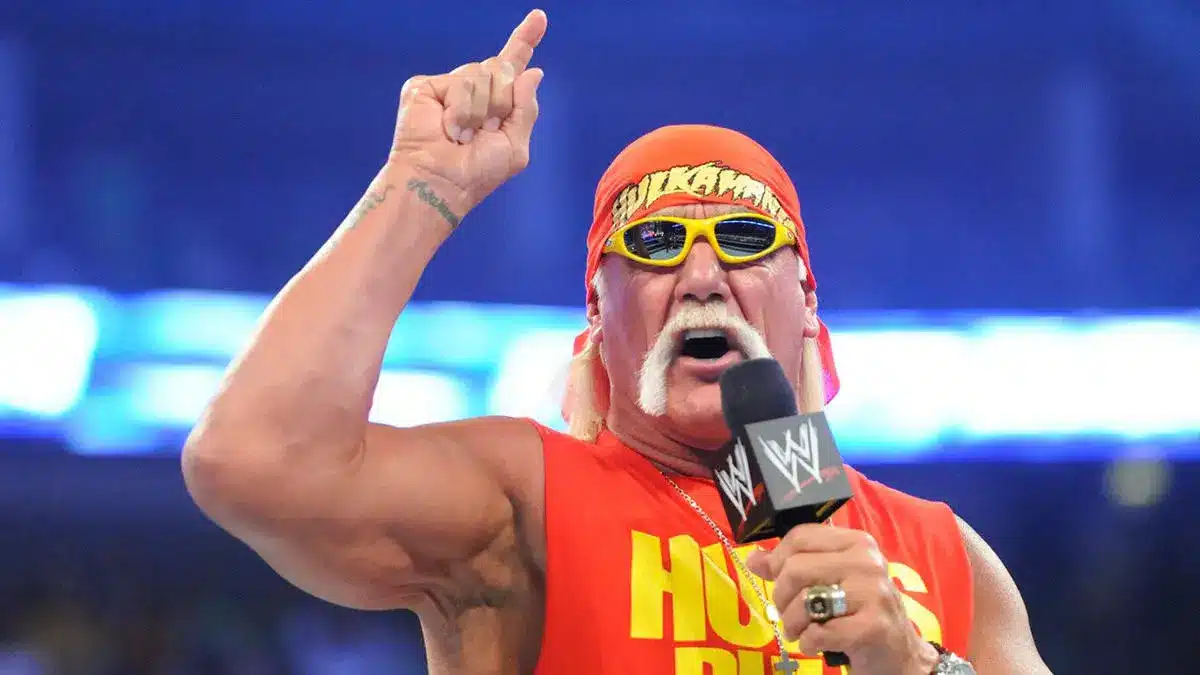In a recent episode of the podcast “Everybody’s Got a Pod”, esteemed WWE Hall of Famer, Ted DiBiase Sr. shed light on WWE’s strategy for attracting talent from competing organizations, using the legendary Hulk Hogan as an illustration.
DiBiase Sr. explained that the evolution of Hogan’s persona in the wrestling space was a joint endeavor undertaken by Hogan and Vince McMahon.
Some noteworthy points from the podcast episode are outlined below:
Commenting on WWE’s approach to recruiting talent from rival promotions, featuring Hulk Hogan as an instance, DiBiase Sr. shared, “What’s important to remember is that Vince McMahon didn’t just poach talent thoughtlessly. He initiated dialogues with promoters, describing his future plans and inviting them to participate. However, none chose to accept, primarily because these wrestling promoters had a firm grip on their territory. They had no foresight to envisage what future changes may bring and the opportunity they could be missing out on.”
Discussing how McMahon revolutionized the business, DiBiase Sr. confessed, “Being someone who was brought up in the business, my initial reaction to McMahon’s actions was of anger. I thought, ‘What on Earth is he up to?’ However, my perspective changed swiftly as I could see the transformation that was impending.”
Addressing the question of McMahon’s role in creating Hulk Hogan’s fame, he opined, “McMahon needed to have the vision to recognize ‘This is someone whom I can place at the core of my plans.’ My final match during my initial stint in New York was against Hulk Hogan, before he embraced that persona. It was his debut match at Madison Square Garden, in which I let him win.”
He further clarified whether Hogan’s success was purely due to his strategic placement by McMahon, “Not exactly, success isn’t only about placement. The talent needs to bring something unique to the table. For instance, McMahon saw in Hogan a hero figure who could become the face of merchandise like action figures and video games. There’s some truth to the notion of ‘McMahon making Hogan’. But the talent also has to hold their own, like Hogan did”. He contrasted this with the unsuccessful example of the Ultimate Warrior. Despite initial popularity, the Warrior’s fame was fleeting.

